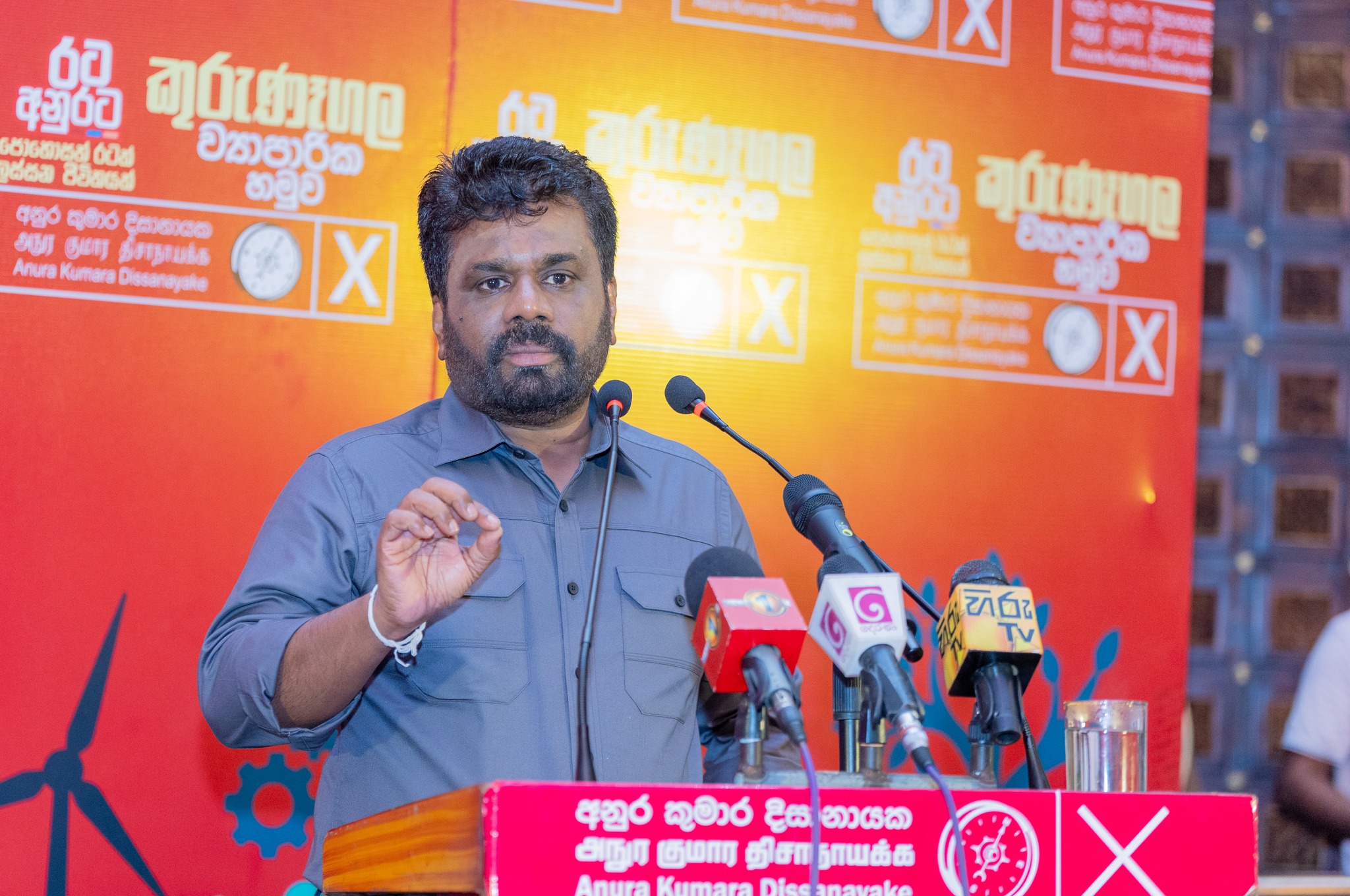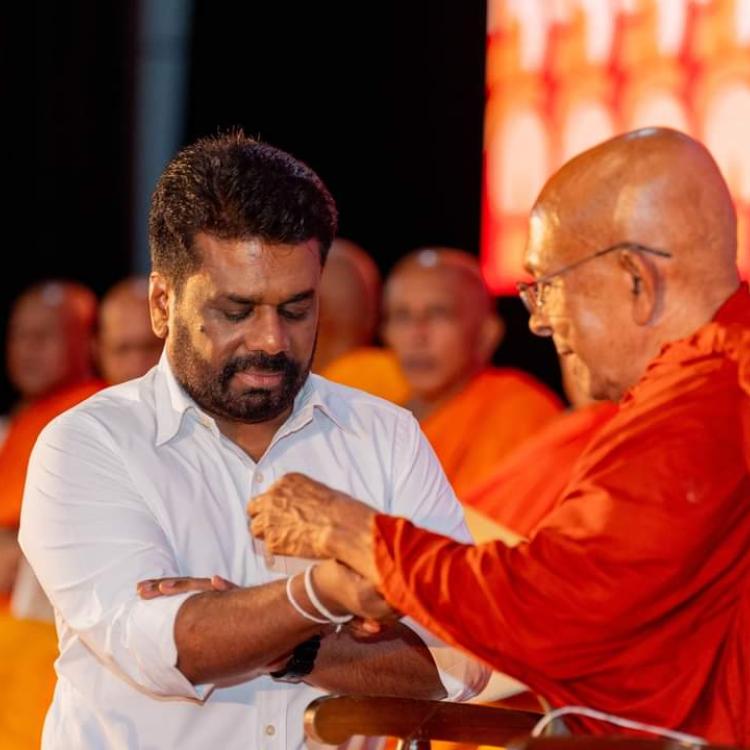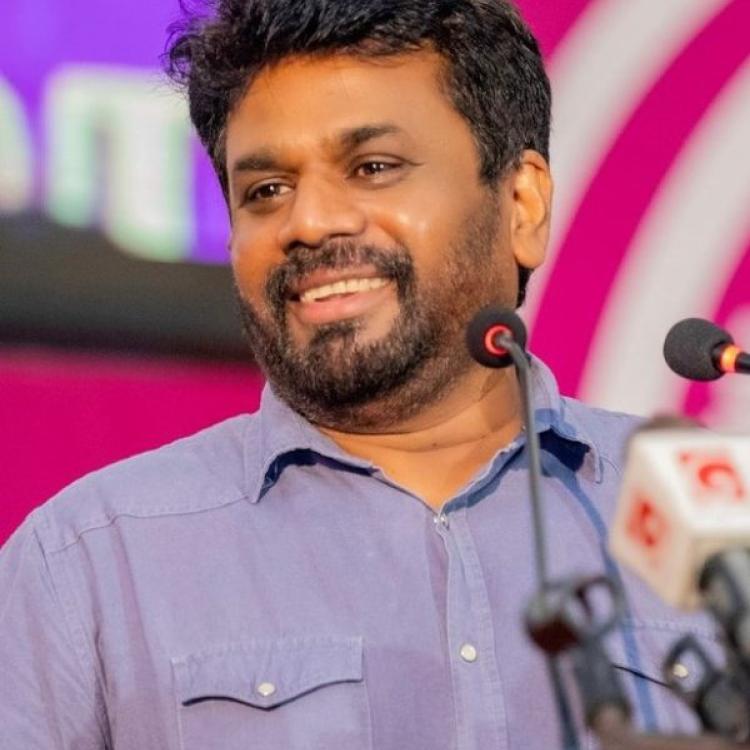
National People's Power (NPP) leader and presidential candidate Anura Kumara Dissanayake has reiterated his commitment to dissolve the Sri Lankan Parliament immediately if he were to win the upcoming presidential election.
In a series of campaign speeches, Dissanayake highlighted the urgent need for fresh parliamentary elections to reshape the country’s political landscape, expressing confidence that the NPP would gain a significant majority.
During a rally in Hambantota, he promised that the dissolution of Parliament would occur on the night of his confirmed victory. He argued that the 2020 mandate is no longer valid due to the current government's failure to meet public expectations. He emphasized that the NPP, if successful, would form a new government focused on the people’s aspirations.
In a Ja-Ela event, Dissanayake outlined several constitutional steps his administration would take after dissolving Parliament. His proposals include forming a caretaker government or giving the president oversight of all ministries until new elections are held. He also mentioned the possibility of an interim government to maintain order.
“In the current parliament, there are only three of us from the NPP," he said. "After we win the presidential election, we will dissolve parliament that very night. Remember that. It won’t be held for even a day."
At a rally in Maradankadawala, Dissanayake discussed the disconnect between the current Parliament and the electorate, predicting that two-thirds of MPs would not be re-elected. He framed the NPP as the vehicle for a "massive political transformation," aiming to bring new, young leaders from rural communities, particularly those involved in farming and fishing, into mainstream politics.
Dissanayake also addressed the need for long-delayed local government elections to follow closely after the parliamentary elections. Throughout his campaign, he has called for swift change to tackle Sri Lanka's economic and political issues and promised to usher in what he terms the country’s “biggest political transformation.”
Dissanayake has however vowed not to punish perpetrators of war crimes, notably excluding any reference to accountability or militarisation of the Tamil North-East. The issues remain key to Tamil voters.


